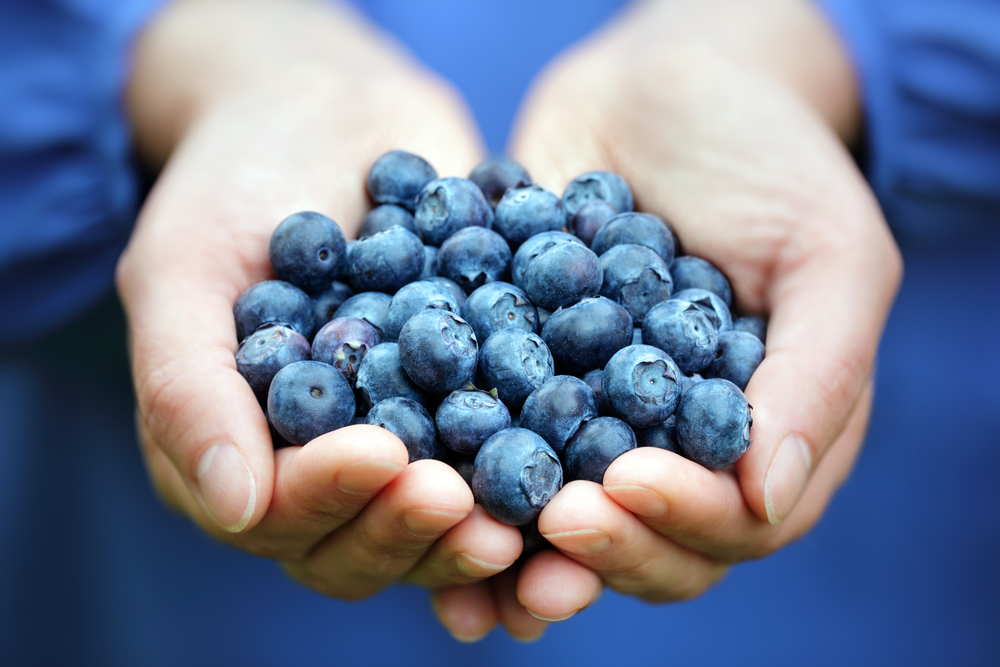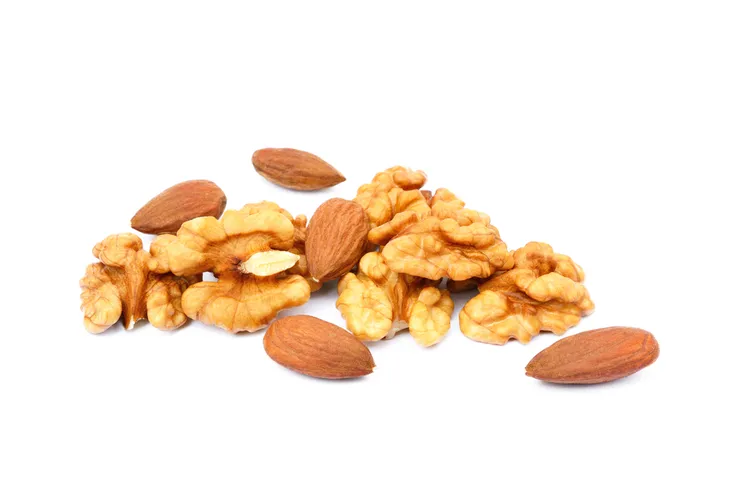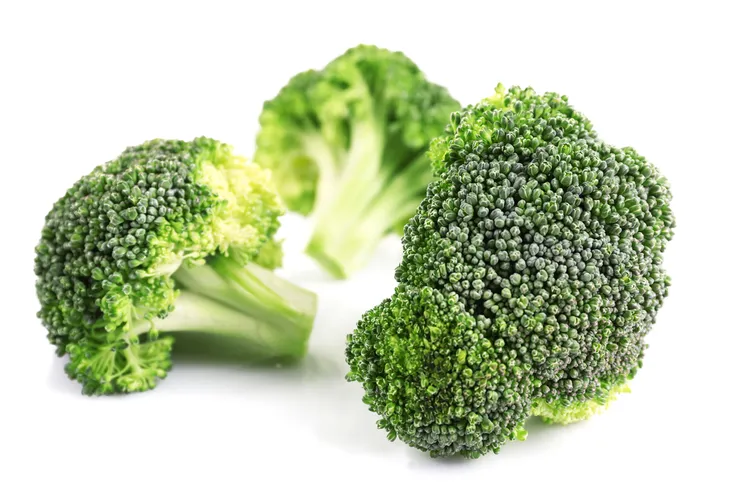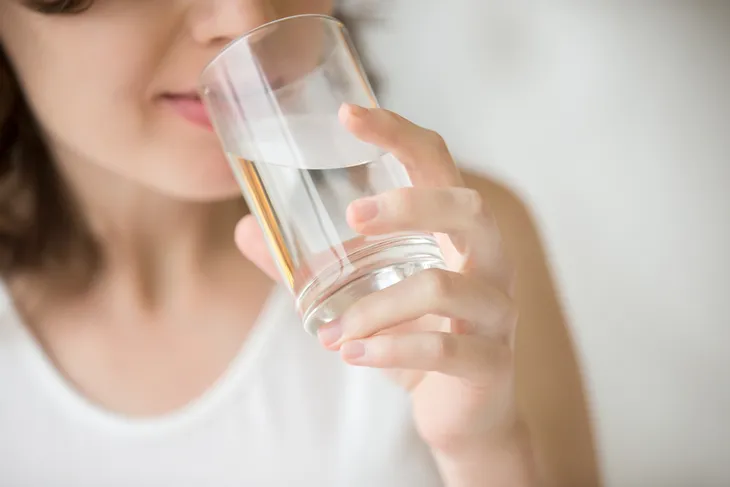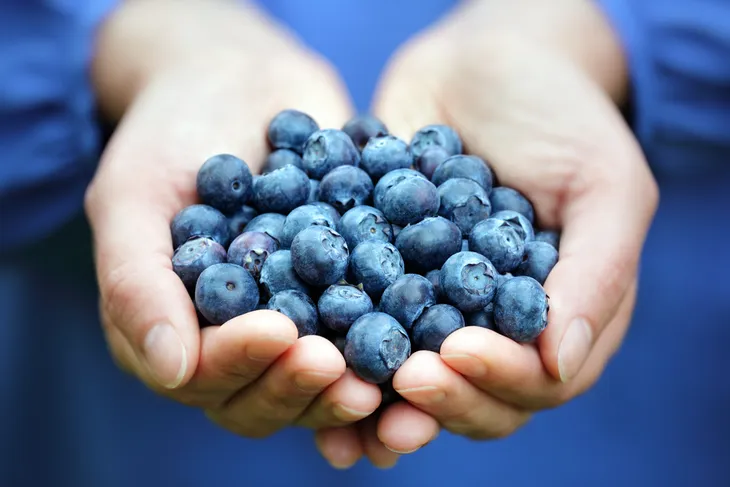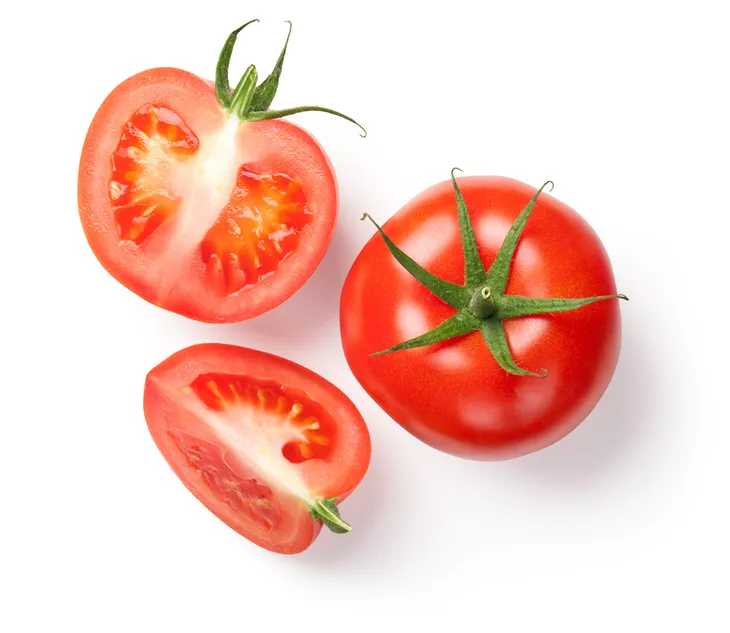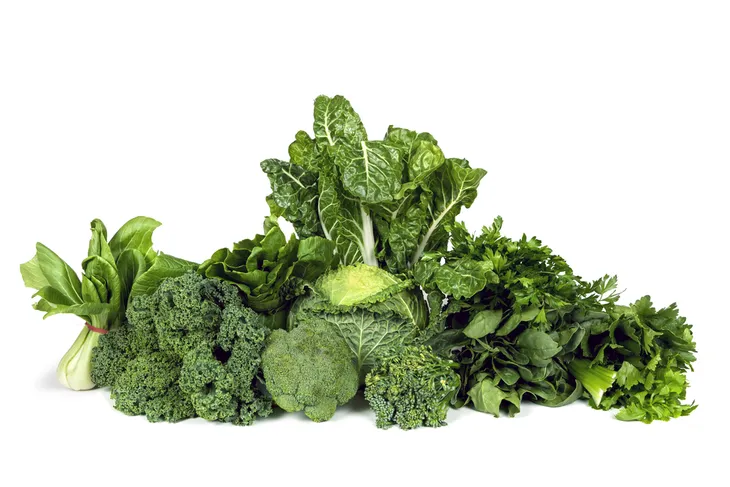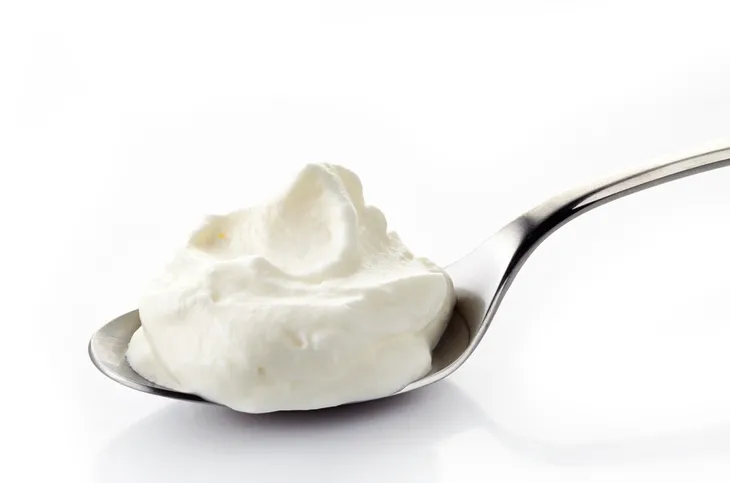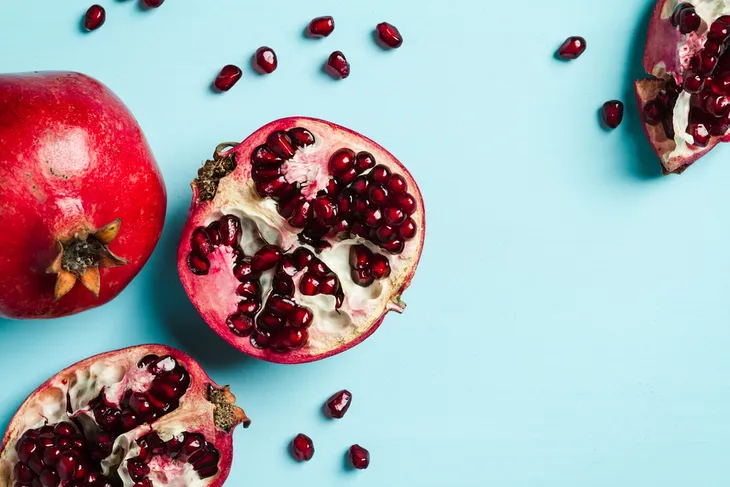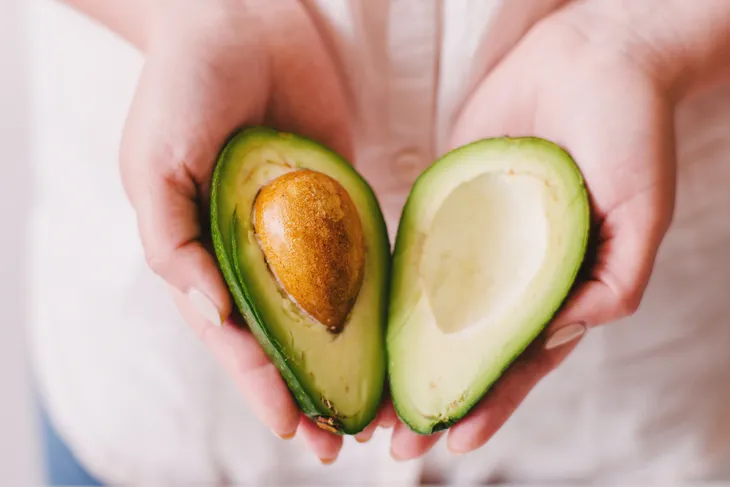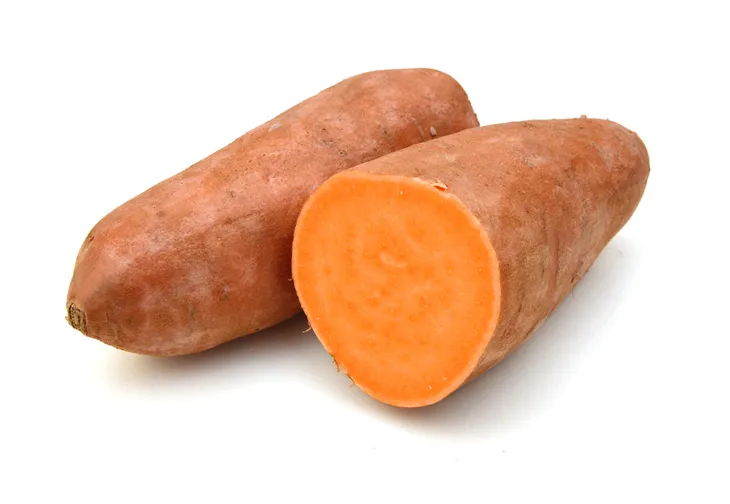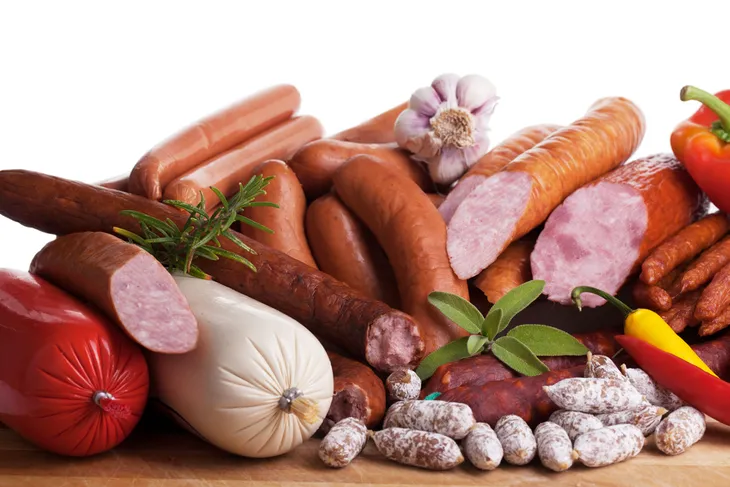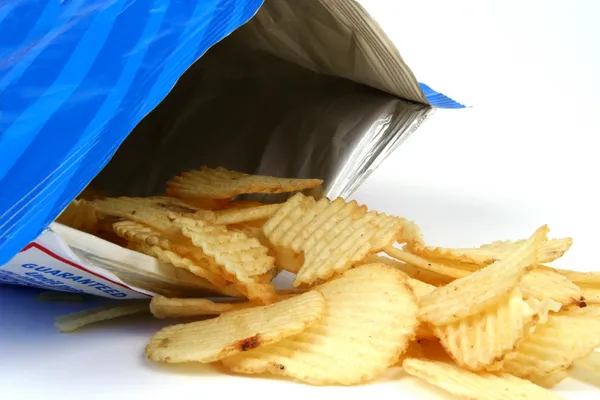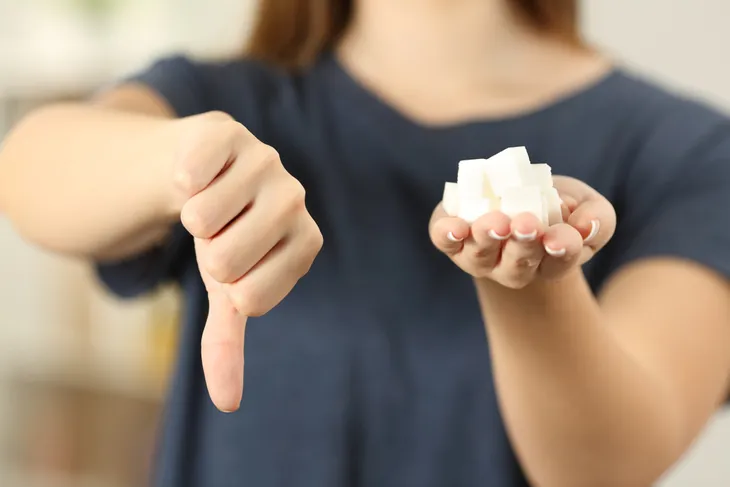None of us can avoid aging or even slow it down, but there are things we can do to make the process a little smoother. One of the best tactics is to just eat healthy and exercise regularly. It sounds almost too simple to be true, but it is! Not only that, but it’s also a lot cheaper than all those expensive cosmetic procedures and fancy face creams, and to be honest, it’s more effective and reliable.
For many of us, eating healthy can be a challenge. This is especially true when life gets busy and hectic. The sad reality is that eating really healthy is expensive and time consuming. While that might be true, it’s also really important and there are ways to simplify it.
A lot of us don’t really pay much attention to our diet until our metabolism slows down and healthy aging becomes our main focus. To ensure we all grow old (and look good doing it), follow these dietary guidelines of what to eat and what not to eat!
Best: Nuts
Nuts hold a coveted spot on most lists of best foods to eat for a variety of different reasons — mainly because they have so many great health benefits. Nuts are full of heart healthy omega-3s, healthy unsaturated fats, fiber and protein. Not to mention they’re affordable, super easy to snack on or even pack up and eat on the go!
Dr. Axe lists a number of amazing health benefits that can help promote a long and healthy life, these include “preventing chronic disease, such as cancer, cardiovascular disease and cognitive decline,” writes the source. Dr. Axe also states that nuts can reduce our risk of heart disease and type 2 diabetes due to the fact that they contain both monounsaturated and polyunsaturated fats, and that they’ve been linked to slowing down cognitive decline in older adults due to “all vascular factors related to cognition.”
WebMD advises eating five 1-ounce servings of your choice of nuts each week. The best nuts to focus on are almonds, walnuts, hazelnuts, brazil nuts, or pecans. It’s important to note that because nuts do contain lots of fat, you should always enjoy them in moderation. Stick to the recommended serving amount and always purchase the healthy, unsalted version.
Best: Broccoli
Eating lots of vegetables is obviously a huge part of eating healthy, but what veggies are best for anti-aging? Well, according to WebMD and Healthline — broccoli tops the list! In fact, Healthline calls it an “anti-aging powerhouse.” This tree-top looking veggies is packed with vitamin C and K, a variety of antioxidants, fiber, folate, lutein, and calcium, says the source, making it well equipped to fight inflammation and aging.
The vitamin C content is particularly important for our skin and keeping wrinkles at bay because the body needs vitamin C in order to produce collagen, the protein that gives skin elasticity and strength.
Best: Drink Water
WebMD points out that a lot of older people don’t drink enough water because they don’t really feel as thirsty as they once did. But don’t be fooled. Just because the body doesn’t “feel” thirsty, it doesn’t mean it doesn’t need water.
Water has so many incredible health benefits which is why it’s so vital to our survival, yet a lot of people are walking around dehydrated. “Water keeps skin cells hydrated, which can get dry from sun exposure, and also dilutes waste products and irritants in the sweat,” says Roger E. Adams, PhD, a personal trainer and doctor of nutrition to Reader’s Digest. “This can lessen inflammation in your skin and help your body eliminate waste products easier.”
You should aim to drink around eight 8-ounce glasses of water every day in order to keep yourself fully hydrated.
Best: Blueberries
When choosing what berries to eat, we suggest loading up on blueberries because they’re super high in antioxidants like vitamin C and vitamin E. These antioxidants help keep our cells healthy which means we’ll look younger and healthier! “You can’t go wrong with any of the berries, usually, but blueberries really come packed with nutrients that are beneficial for the body,” says Angel Planells, a nutritionist in Seattle to WebMD.
Dr. Axe also boasts about the healthy aging benefits of blueberries. Not only do they delay aging and promote longevity, they’ve also have many cognitive benefits which include “protecting memory-associated regions in the brain from oxidative damage and slowing age-related damage to brain cells,” writes the source. In addition to all this, blueberries also contain anthocyanin, a compound that is known for limiting cellular damage caused by free radicals. This can help prevent an array of age-related ailments.
Best: Tomatoes
Tomatoes are great for anti-aging or healthy aging because they are high in lycopene, “a natural chemical, can help protect you against prostate cancer and may help prevent lung cancer, too,” writes WebMD. Lycopene is well recognized for anti-aging health benefits. Many of these benefits come from the fact that it can help us combat age-related conditions like osteoporosis and building a better skin barrier. “Tomatoes are also full of fiber; vitamin A, C, and K; and niacin, folate, and potassium, all of which help keep us healthy,” explains Reader’s Digest.
The source notes that you can consume tomatoes either cooked or processed (in juice, paste, and sauce), and surprisingly, these forms of tomato might even be better than raw tomatoes. This is because researchers believe the process of heating or mashing tomatoes releases more lycopene.
Best: Leafy Greens
Similar to berries, pretty much all leafy greens are healthy. Let’s start with spinach…not only does it help hydrate our body, but it also contains lots of antioxidants that oxygenate and replenish our body. Sounds refreshing, right? Healthline points out that spinach is also high in vitamin A, C, E, and K. As well as, magnesium, plant-based heme iron, and lutein. When it comes to anti-aging, vitamin C is our best friend because our body needs it to produce collagen (the protein that fights wrinkles). “The vitamin A it provides may promote strong, shiny hair, while vitamin K has been shown to help reduce inflammation in cells,” writes the source.
Watercress is another leafy green that isn’t talked about as much, but still has some great anti-aging health benefits. It’s a good source of calcium, potassium, manganeses, phosphorus, and contains vitamin A, C, K, B-1, and B-2. “Watercress acts as an internal skin antiseptic and increases the circulation and delivery of minerals to all cells of the body, resulting in enhanced oxygenation of the skin,” writes Healthline. “Packed with vitamins A and C, the antioxidants in watercress may neutralize harmful free radicals, helping to keep fine lines and wrinkles away.”
Romaine lettuce is often overlooked when spinach, kale or swiss chard are around to steal the spotlight, but WebMD notes that romaine lettuce also has some good anti-aging benefits like being high in vitamin A and C, both of which help reduce inflammation in the body.
Best: Yogurt
One of the things we need to worry about as we age is our bone density — this is particularly important for women who are most susceptible to osteoporosis. One of the best ways to combat this is to make sure you’re eating enough calcium. Yogurt is a great source of calcium, plus it’s fortified with vitamin D, another key mineral. It also helps our body digest food and contains lots of protein, says WebMD.
Taking care of our gut might seem like a strange thing to do, but it’s actually super important to our overall health, and can have a huge impact on the aging process. “As more research is done on gut health, it becomes more apparent how vital it is to maintain a good balance of bacteria in our intestines,” says registered dietician Paige Benete, when talking to Reader’s Digest. “One recent study found that probiotics can extend the lives of fruit flies by up to 60-percent!”
Just be sure to choose the more plain flavors. Anything with added fruit or flavoring likely contains a lot of sugar which takes away from the healthy benefits.
Best: Salmon
Pretty much all fatty fish are good for healthy aging because they’re high in omega-3 fatty acids, but salmon is one of the best. “Salmon has high amounts of astaxanthin, a super antioxidant and carotenoid known for its unique anti-aging benefits,” writes Dr. Axe. “Astaxanthin is produced by algae, bacteria and fungi, and it concentrates higher up the food chain as these primary producers are consumed for food.”
The source refers to a study which found that astaxanthin could inhibit “oxidative damage to DNA by reducing C-reactive protein and strengthening the immune system,” writes the source. It also found that this substance was able to improve blood circulation by increasing HDL cholesterol and decreasing triglycerides. It can also fight against inflammation and oxidative stress while also slowing down any signs of aging.
WebMD advises having at least two servings of fish a week.
Best: Pomegranate Seeds
Pomegranates aren’t really a popular fruit, but according to Healthline, they’ve been around for centuries and praised for their medicinal healing properties. Pomegranate seeds in particular are really high in vitamin C and contain lots of potent antioxidants that help fight against free radical damage and reduce the amount of inflammation in our body. “These healthy fruits also contain a compound called punicalagins, which may help to preserve collagen in the skin, slowing signs of aging.”
Best: Avocados
Avocados have become super popular among health nuts and foodies alike which is great news because it comes with so many incredible health benefits. This superfood is a great component of an anti-aging diet because it contains phytochemicals and essential nutrients that can help prevent aging, says Dr. Axe. “Avocados are packed with monounsaturated fatty acids and antioxidants, which are key compounds into keeping your arteries healthy and young.”
One of their best benefits when it comes to aging is the fact that they are able to help reduce inflammation and promote young, smooth looking skin. The nutrients that work best at preventing the effects of aging are vitamin K, C, E, and A, as well as B vitamins and their potassium content. For example, “The high content of vitamin A in avocados can help us shed dead skin cells, leaving us with gorgeous, glowing skin,” writes Healthline. “Their carotenoid content may also assist in blocking toxins and damage from the sun’s rays and also help to protect against skin cancers.”
Best: Sweet Potatoes
You might find the bright orange color of sweet potatoes odd, but it’s actually one of the reasons and signs of just how healthy this food is. “The orange color of the sweet potato comes from an antioxidant called beta-carotene which is converted to vitamin A,” writes Healthline. “Vitamin A may help restore skin elasticity, promote skin cell turnover, and ultimately contribute to soft, youthful-looking skin.”
In addition to its beta-carotene content, sweet potatoes contain vitamins C and E which help protect our skin from harmful free radicals.
Worst: Processed Meat and Red Meat
Meat eaters beware, processed meat and saturated animal fats have the ability to make us age faster than we’d probably like to. The most common processed meats that people eat regularly are deli meats, sausages, and bacon. “Many of these meats have sulfites and other preservatives, which can trigger inflammation in the skin, and accelerate the appearance of aging,” says Ariel Ostad, MD, fellow of the American Academy of Dermatology to Health.com.
In addition to the sulfites and preservatives, these foods are often high in sodium and can make our skin look puffy. We understand that most people are unable to give up eating meat — we totally get it! To make your diet a little healthy and aging-friendly, try eating more chicken and turkey, and load up on lots of veggies.
This is another one that many meat eaters might be upset about. While red meat is delicious and does provide lots of protein, it also generates free radicals, says Dr. Ostad to Health.com. “Free radicals are in search of missing electrons, they snag electrons from healthy cells, damaging them in the process. This damage ultimately affects your skin’s ability to protect itself and generate collagen,” writes the source. Try eating more lean meats like chicken and turkey.
Worst: Caffeinated Drinks
Many people, myself included, like to enjoy a cup of coffee every day. It’s a comforting thing to wake up to, plus it helps us get our day started. While coffee does have some benefits, according to Health.com, there are some negative side effects to this caffeinated beverage. ”
Caffeine is like any other diuretic; it can make you excrete fluid, and deplete your body of moisture,” says Ranella Hirsch, MD, former president of the American Society of Cosmetic Dermatology & Aesthetic Surgery, and dermatologist practicing in Massachusetts to Health.com. “Anything dehydrating can dehydrate your skin, making it look dull and aged.”
To combat this, the source advises using moisturizer on your face. Moisturizer, hands down, is the easiest way to look younger instantly,” says Hirsch.
Worst: Alcohol
Not only does alcohol cause a really bad hangover, dehydration, and possibly some embarrassing memories from the night before, it can also damage and age our skin. “When your liver is functioning well, toxins that could potentially affect the skin are expelled naturally through your body,” Dr. Ostad to Health.com. “But if toxins build up in your liver, and aren’t broken down properly, your skin can develop a variety of issues, like acne, sallowness, and wrinkles.”
Even though lots of people use alcohol as a means to help them sleep, it actually makes our sleep worse, which can also put us at risk for premature or accelerated aging. “In adequate sleep is linked to wrinkles, uneven pigmentation, and reduced skin elasticity,” says Ostad.
Worst: High-Fat and High-Sodium Snacks
Salt is similar to sugar (we’ll get to sugar next) in the sense that even if you don’t eat a lot of unhealthy ‘salty’ snacks, you’re probably still consuming a lot of sodium because it’s in everything! “Many canned foods are preserved with sodium, which can make you retain water and cause a ‘puffy’ look,” says Dr. Hirsch to Health.com.
Now onto those snacks that we know are really bad for us but we just can’t stop eating either…high-sodium snacks. Too much sodium is linked to high blood pressure and new evidence shows too many of these fats may be leading to specific chronic diseases. To help rebalance our body from the excess sodium, try supplementing with omega-3 oils. These will help “regain the proper omega balance and prevent everything from inflammation to heart disease,” writes Reader’s Digest.
Worst: Sugar
Sugar is one of the worst ingredients for our body and unfortunately for us, it’s in a lot of the foods we eat on a daily basis. You already know that sweets, candy, desserts, all that is bad for us, but that’s not all that sugar is in. It’s in pasta sauces, salad dressings, crackers, white bread, yogurt, the list goes on and on. Sugar is particularly bad when it comes to healthy aging, in fact, it makes the whole process a lot worse.
Health.com explains that sugar may actually kick starts a process called glycation, a process that occurs when a person eats more sugar than their body can process. During glycation, the “excess sugar molecules combine with proteins, creating ‘advanced glycation end products’ (appropriately referred to as ‘AGES’),” says Dr. Ostad to the source. AGES can damage the collagen in our skin, making us more susceptible to wrinkles.
